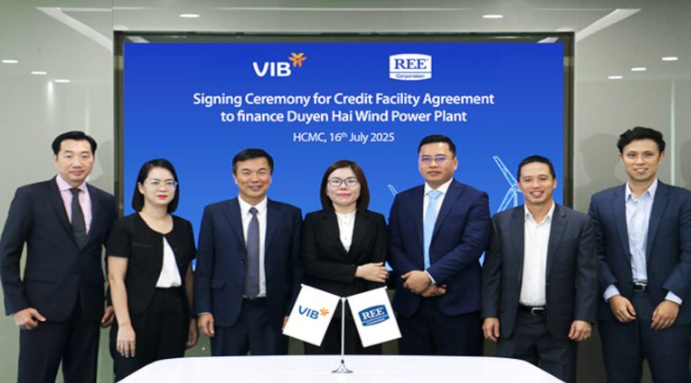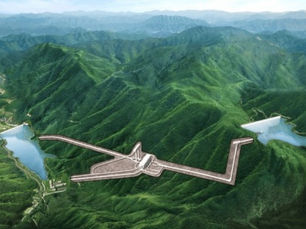Ørsted halts development on section of world’s largest offshore wind farm project
- Energy Box

- May 8, 2025
- 2 min read

Ørsted has discontinued the development of the Hornsea 4 wind farm project, citing several challenges for the scheme.
The Danish firm stated that a continued increase in supply chain costs, higher interest rates, and an increase in the risk of constructing and operating the project on the planned timeline were the reasons behind halting its progress.
Located just off the East Yorkshire coast, Hornsea 1 and 2, 1.2GW and 1.4GW respectively, already equate to the world’s largest offshore wind farm scheme. If both Hornsea 3 and 4 were to be built, they would have more than doubled the capacity of the whole Hornsea project.
As a consequence of the decision, Ørsted expects to incur break-away costs of £400M-£510M (DKK3.5-4.5bn) in 2025. In addition, capitalised construction costs of approximately £55M to £110M (DKK500M to 1bn) will be written off, the organisation stated.
Greenpeace UK head of climate Mel Evans, described her disappointment in the decision. She said: “It is a tragic irony that gas-driven inflation is threatening the very thing that promises to bring down the soaring cost of energy, which has sent inflation and manufacturing costs through the roof.
Ørsted group president and CEO Rasmus Errboe said: “We remain fully committed to being an important partner to the UK government to help them achieve their ambitious target for offshore wind build-out and appreciate the work they’ve done to deliver a clear framework to support offshore wind.
“However, our capital allocation is based on a strict and value-focused approach, and after careful consideration, we’ve decided to discontinue the development of the Hornsea 4 project in its current form, well ahead of the planned Final Investment Decision later this year.
Throughout the development phase, we’ve been very diligent in our approach to capital commitment to our suppliers, and our committed capital is well below our threshold. The adverse macroeconomic developments, continued supply chain challenges, and increased execution, market, and operational risks have eroded the value creation.
“I’d like to emphasise that Ørsted continues to firmly believe in the long-term fundamentals of and value perspectives for offshore wind in the UK.”














Comments